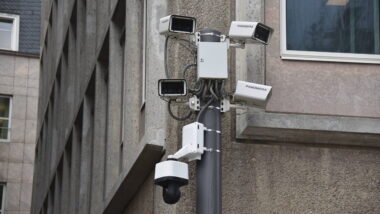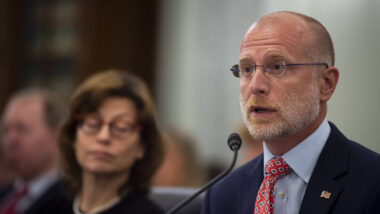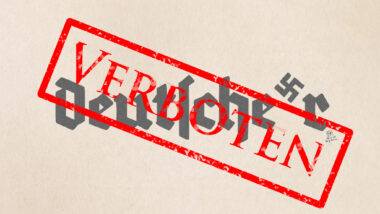Bei der Peking Duck gibt es einen erhellenden Artikel über eine an die Öffentlichkeit gelangte Mail, die thematische „no-nos“ für die Berichterstattung über China formuliert: How not to report the news in China. Zur Einstimmung aus dem Kommentar von Jonathan Ansfield, dem die Mail zuerst zugekommen war:
The floodgates are open. The ground rules have softened. But not all the correspondents coming to China ahead of the Olympics can take full advantage. In October last year, the Foreign Desk editor of one media outlet emailed the following memo to his Greater China staff.
Hier die Mail:
Subject: China Stories
Importance: High
Sensitivity: ConfidentialHi All,
I’m sure it is no surprise to all of you that XXX’s landing in China comes with several trade-offs. It was sometime ago (January) that we last talked about these issues. I know each of you has your own beliefs and perspective about what we report – but there is a channel position.
So let me take this opportunity to remind all of you (editors, producers and correspondents) of three areas that are „off-limits“.
1) Falungong – everything from stories about protests to showing their mike collar at press conferences
2) Tiananmen – it has been 16 years, there is no need to link news stories to this, and no need to use phrase „massacre/crackdown“
3) Long Hair – we do not run footage of, or sound bites from, [HK political activist] Leung Kwok Hung, especially wearing his Che Guevera T-shirtThese are specific no-nos and to me this makes them easier to avoid. […]
Das ist aus der China Digital Times entnommen, nüchtern „Trade-Offs of China Entry“ betitelt. Schlußformulierung: „Appreciate if this email is not forwarded to anyone.“ Zu spät.
Eigentlich ist diese Mail/ihr Inhalt wenig überraschend. Jetzt müssten wir noch erfahren, welche große (amerikanische) News-Firma das intern vorgegeben hat: CNN? MSNBC? Fox? Gute Ideen sind gefragt, und Anonymisierungstools und -proxys.




1 Ergänzungen
Dieser Artikel ist älter als ein Jahr, daher sind die Ergänzungen geschlossen.